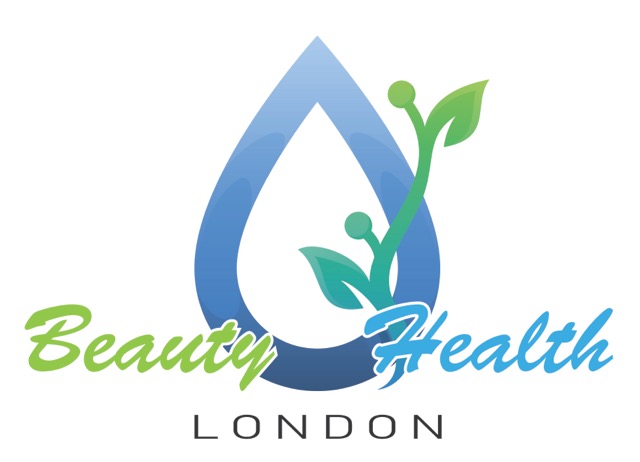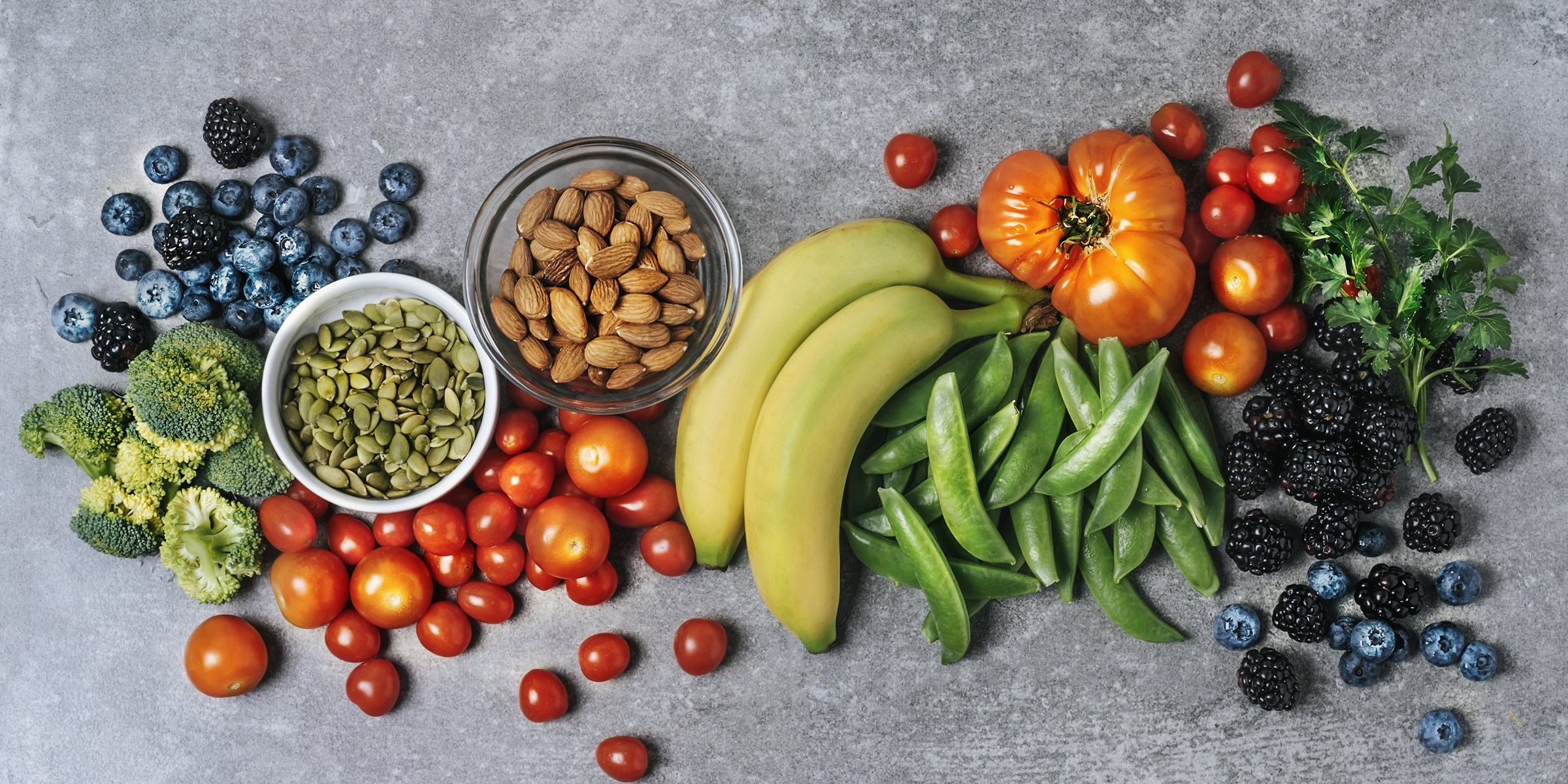
The Keys of Diet

More Water
Most of us don’t drink enough water every day, but it is essential for our bodies to work properly. Water is absolutely necessary for carrying out our bodily functions, removing waste, and transporting nutrients and oxygen throughout our bodies. Our body needs water and we should spread our intake over the whole of the day, drinking around eight glasses in total. In addition to plain water, we can also take it in the form of teas, natural juices and broths.
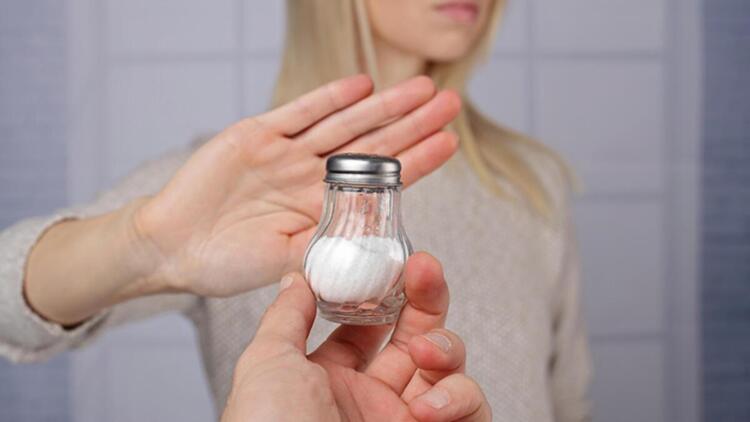
Beware of salt!
Avoid over salting food and try not to take the salt cellar to the table. There are different ways to reduce salt in the diet: When shopping, we could choose products with lower sodium content. When cooking, salt can be substituted with spices, lemon, spices, herbs, vinegar, etc. When eating, it helps not to have salt at the table, or at least not to add salt before tasting. A high salt intake can result in high blood pressure, and increase the risk of cardiovascular disease.

Eat regularly, control the portion size
Paying attention to portion size will help us not to consume too much calories, and will allow us to eat all the foods we enjoy, without having to eliminate any. Cooking the right amount makes it easier to not overeat. Eating a variety of foods, regularly, and in the right amounts is the best formula for a healthy diet.

Fruits and vegetables every day
They are beneficial because they are low in energy but rich in vitamins, minerals, fiber and anti-oxidants which perform multiple functions in our metabolism and protect our cells from oxidation.
Eat Rainbow
- White (Bananas, Mushrooms)
- Yellow (Pineapples, Mangoes)
- Orange (Oranges, Papayas)
- Red (Apples, Strawberries, Tomatoes, Watermelons)
- Green (Guavas, Avocados, Cucumbers, Lettuce, Celery)
- Purple/Blue (Blackberries, Eggplants, Prunes)
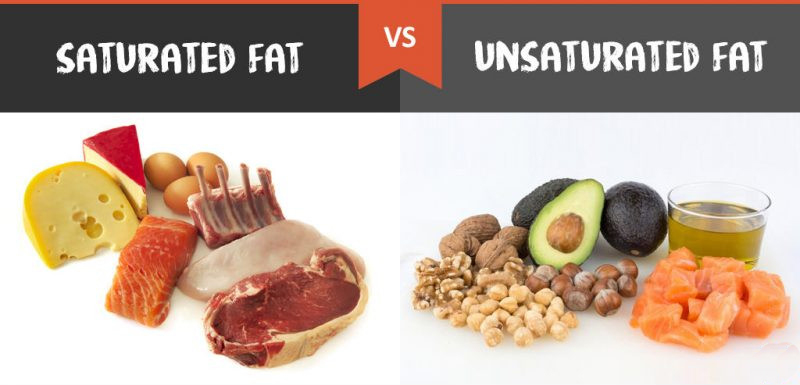
Replace saturated with unsaturated fat
Fats are important for good health and proper functioning of the body. However, too much of it can negatively affect our weight and cardiovascular health.
We should limit the consumption of total and saturated fats (often coming from foods of animal origin), and completely avoid trans fats; reading the labels helps to identify the sources.
Eating fish 2-3 times a week, with at least one serving of oily fish, will contribute to our right intake of unsaturated fats.

Take your time eating
Your brain, not your stomach, is the organ responsible for feelings of hunger and fullness. If you take your time during meals and eat more slowly, you allow your brain adequate time to send the “full” message to your stomach and allow your food to be fully ingested.
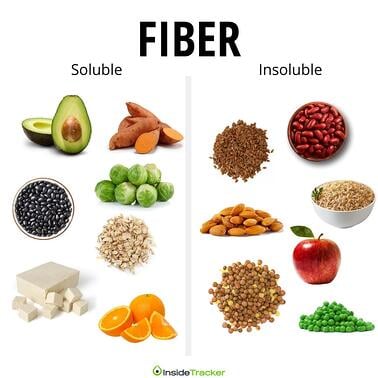
Eat plenty of soluble fiber
Soluble fiber absorbs water and forms a gel that helps slow down food as it passes through your digestive system.

Avoid foods that contain trans fats
Trans fats are created by pumping hydrogen into unsaturated fats.
They’re found in some margarines and spreads and also often added to packaged foods. These fats have been linked to heart disease, insulin resistance, inflammation, and abdominal fat.

Don’t drink too much alcohol
Alcohol can have health benefits in small amounts, but it’s seriously harmful if you drink too much. Research suggests that too much alcohol can also make you gain belly fat.

Don’t eat a lot of sugary foods
Sugar contains fructose, which has been linked to several chronic diseases as heart disease, type 2 diabetes, obesity, and fatty liver disease when consumed in excess.
It’s important to realize that more than just refined sugar can lead to belly fat gain. Excessive sugar intake is a major cause of weight gain in many people. Limit your intake of candy and processed foods high in added sugar
Cut back on carbohydrates; especially refined carbohydrates
Reducing your carbohydrate intake can be very beneficial for losing fat, including abdominal fat.
Diets with under 50 grams of carbohydrate per day cause belly fat loss in people who are overweight, those at risk for type 2 diabetes.
A high intake of refined carbohydrate is associated with excessive belly fat. Consider reducing your carbohydrate intake or replacing refined carbs in your diet with healthy carb sources, such as whole grains, legumes, or vegetables
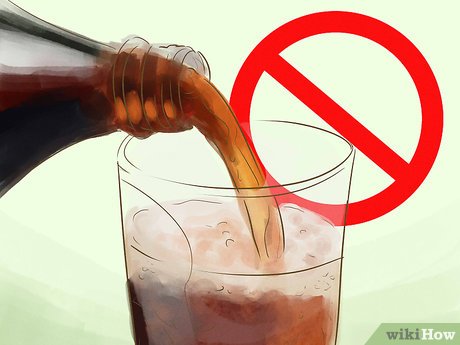
Avoid sugar-sweetened beverages
Sugar-sweetened beverages are loaded with liquid fructose, which can make you gain belly fat. Sugary beverages appear to be even worse than high sugar foods. Although fruit juice provides vitamins and minerals, it’s just as high in sugar as soda and other sweetened beverages.
Consider avoiding all sources of liquid sugar to increase your chance of successfully losing weight.

Eat fatty fish every week
Fatty fish are incredibly healthy. They’re rich in high quality protein and omega-3 fats that protect you from disease.
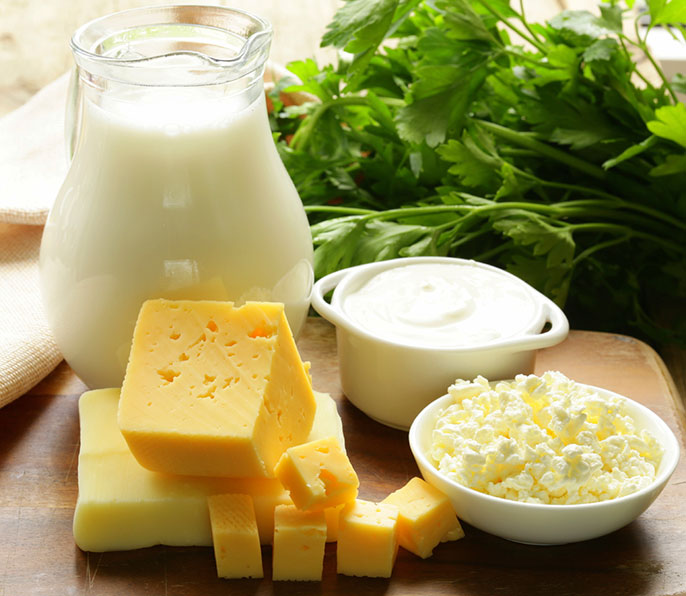
Eat probiotic foods or take a probiotic supplement
Probiotics are bacteria found in some foods and supplements. They have many health benefits, including helping improve gut health and enhancing immune function. They can also promote weight loss.
